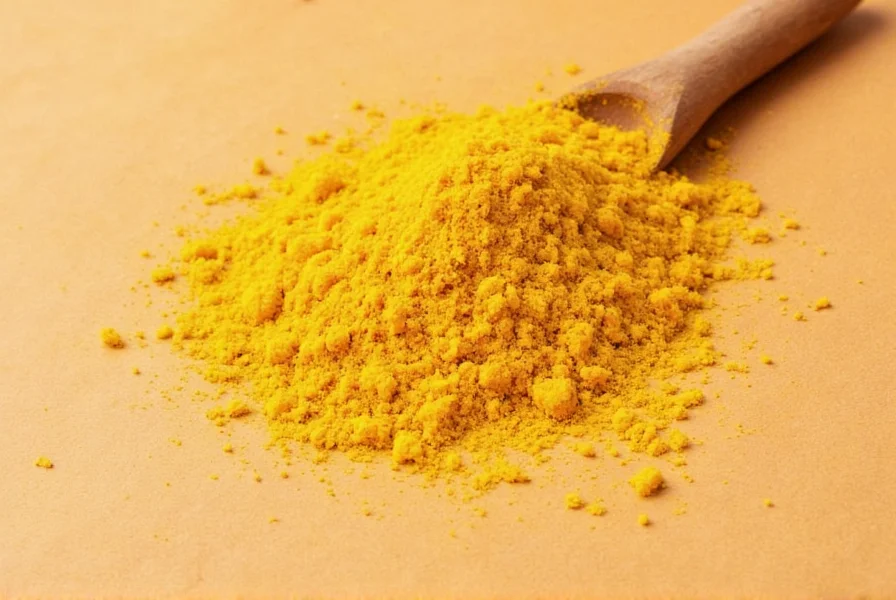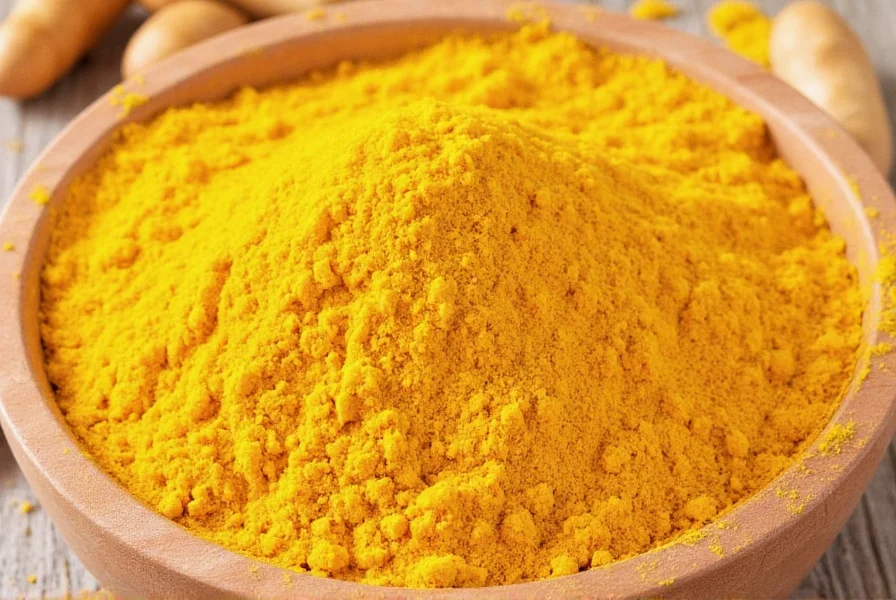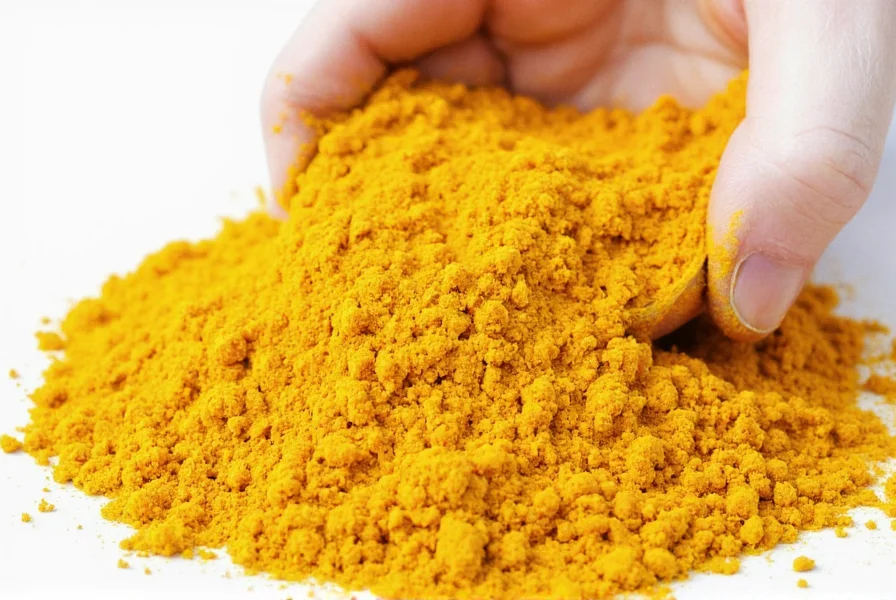Many social media trends promote turmeric as a magical weight loss solution, but the reality is more nuanced. Let’s examine what science actually says about turmeric’s role in weight management and separate evidence-based insights from exaggerated claims.
The Science Behind Turmeric and Metabolism
Turmeric contains curcumin, a polyphenol with anti-inflammatory and antioxidant properties. Several studies suggest curcumin may influence metabolic processes:
- A 2015 European Review for Medical and Pharmacological Sciences review noted curcumin’s potential to reduce inflammation associated with obesity
- Research in Nutrition Journal observed modest improvements in body composition when curcumin was combined with piperine (black pepper extract)
- A 2020 study in Complementary Therapies in Medicine found curcumin supplementation supported metabolic health markers in overweight individuals
However, these effects are modest and work best as part of comprehensive lifestyle changes—not as standalone “hacks.” Most studies used standardized curcumin extracts (typically 500-1000mg daily), not culinary turmeric alone.

Why “Turmeric Hacks” Mislead Weight Loss Efforts
The term “hack” implies a simple trick that bypasses fundamental weight loss principles. This creates unrealistic expectations that can undermine long-term success. Consider these facts:
| Claimed “Turmeric Hack” | Scientific Reality |
|---|---|
| “Golden milk before bed melts fat” | No evidence turmeric targets fat loss during sleep; calorie balance determines weight change |
| “Turmeric water flushes fat” | Water supports metabolism but doesn’t “flush” fat; temporary water weight loss isn’t fat loss |
| “Turmeric blocks fat absorption” | Curcumin shows mild effects on fat metabolism in studies, but not significant enough for “blocking” fat |
How Turmeric Can Support Healthy Weight Management
Instead of viewing turmeric as a weight loss shortcut, consider these evidence-based approaches to incorporate it into a healthy lifestyle:
Optimize Absorption
Curcumin has low bioavailability. Combine turmeric with:
- Black pepper (piperine increases absorption by 2000%)
- Healthy fats (olive oil, avocado) since curcumin is fat-soluble
- Heat (cooking enhances solubility)
Realistic Culinary Applications
Use turmeric as part of balanced meals rather than isolated “hacks”:
- Add to roasted vegetables with olive oil and black pepper
- Include in lentil soups or stews for anti-inflammatory benefits
- Blend into smoothies with ginger and citrus
- Use in salad dressings with healthy fats

Evidence-Based Weight Management Strategies
For sustainable results, focus on these proven approaches instead of searching for quick fixes:
Nutrition Fundamentals
- Maintain moderate calorie deficit (300-500 calories below maintenance)
- Prioritize protein and fiber for satiety
- Include whole foods over processed alternatives
Physical Activity
- Combine strength training (preserves muscle mass) with cardiovascular exercise
- Aim for 150 minutes of moderate activity weekly
- Incorporate non-exercise activity thermogenesis (NEAT)
Lifestyle Factors
- Ensure 7-9 hours of quality sleep nightly
- Manage stress through mindfulness practices
- Maintain consistent eating patterns
Managing Expectations with Turmeric
If considering turmeric supplementation for metabolic support:
- Look for products with 95% curcuminoids and piperine
- Consult your healthcare provider before starting supplements
- Use standardized doses (typically 500mg twice daily)
- Allow 8-12 weeks to assess effects
- Track comprehensive health markers, not just weight
Remember that turmeric’s potential benefits work synergistically with healthy habits—not as replacements for them. The most effective “turmeric hack for weight loss” is viewing it as one component of a holistic approach to metabolic health.
Frequently Asked Questions
Does turmeric really help burn belly fat?
No food or supplement specifically targets belly fat. While curcumin may support metabolic health, spot reduction isn’t possible. Belly fat reduction requires overall body fat loss through calorie management, exercise, and stress reduction.
How much turmeric should I take daily for weight management?
Culinary use: 1-3 grams (about 1/2 to 1.5 teaspoons) daily in food. For supplements: Research typically uses 500-1000mg of standardized curcumin (with piperine) daily. Always consult your healthcare provider before starting supplements, especially if you have medical conditions or take medications.
Can I lose weight just by drinking turmeric water?
No. While staying hydrated supports metabolism, turmeric water alone won’t cause weight loss. Any temporary weight change would be water weight, not fat loss. Sustainable weight management requires consistent calorie balance through diet and physical activity.
What’s the best time to consume turmeric for metabolic benefits?
With meals containing healthy fats to enhance absorption. Morning or lunchtime consumption may align better with circadian metabolism than evening use. Consistency matters more than specific timing—aim for daily incorporation into balanced meals.
Are there risks to using turmeric for weight management?
Culinary turmeric is generally safe, but high-dose supplements may interact with blood thinners or diabetes medications. Some people experience digestive discomfort. Turmeric isn’t appropriate as a primary weight loss strategy for those with serious health conditions without medical supervision.











 浙公网安备
33010002000092号
浙公网安备
33010002000092号 浙B2-20120091-4
浙B2-20120091-4